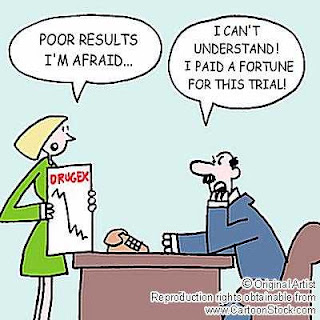
Exciting developments were reported in the New Scientist this week concerning medical trials. It seems that the placebo effect is even stronger than anyone realised until a few months ago. The implications for medical trials and drugs are considerable.
The New Scientist from last week reported several medical investigations where participants experienced placebo effects in a pervasive manner than previously had considered possible. People engaged in a study into anti-depressant only received benefit from the drugs when they were told that the drugs were anti-depressants. By contrast people who were given the same drugs, but not told they were anti-depressants received only chance, or below, levels of recovery.
The findings have considerable implications for future trials into drugs. Since participants may well be able to discern when drugs are medically active or simply neutral, the famous sugar pill may have to be ditched in favour of more sophisticated deceptions. In the future, studies may have more layers of participation in which those taking part are possibly given medication, but are not in fact given medication. By contrast, a further condition where depressives are not given the drug, but told that they are and are given a convincing substitute would also be required to do the test properly. Such a procedure naturally raises the question “is this level of deception necessary and justified pursuing a possibly beneficial drug?”
The thought occurs that almost no research is conducted into ways of harnessing and directing the healing powers of the mind that produces the placebo effect – presumably because there is no money in healing yourself. In the mean time, watch out for odd tasting pills.
1 comment:
Hmmm my memory is hazy and due to the sheer volume of other tasks I am consumed with I do not remember the exact details, nor where my notes are concerning said topic, but my instincts are telling me NewScientist is out of date on this one. While I agree pharmaceuticals clearly have their interests, doctors especially NHS doctors are on the whole, very anti pharmaceutical industry which does make for some interesting lunch time meetings. There have been studies into this, perhaps just not for a while and not well publicised? That said, New Scientist itself has its own interests for publishing such an article. Medical journalists are the only profession I know hated by doctors more than pharmaceutical reps, precisely for their twisting of information to get headlines, which then harms patients and doctors are both blamed for said occurrence and are left picking up the pieces.
Post a Comment